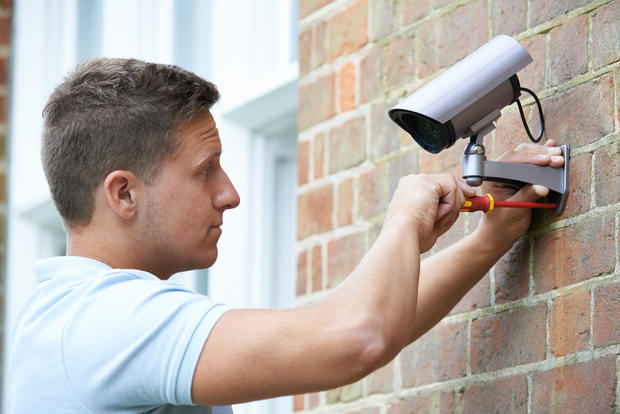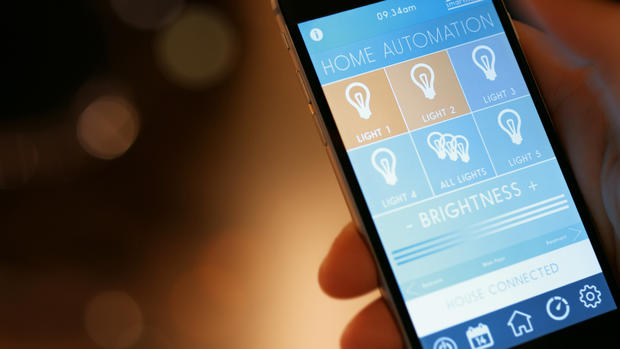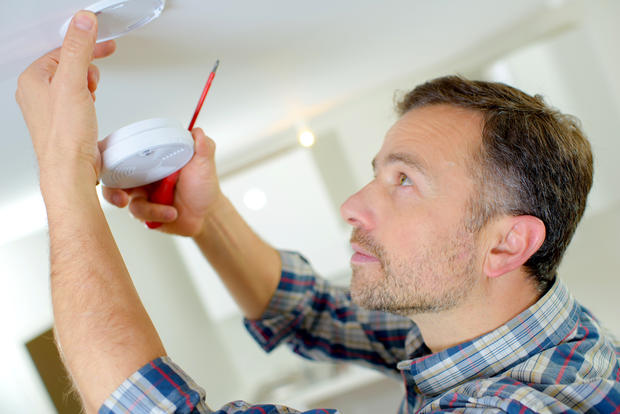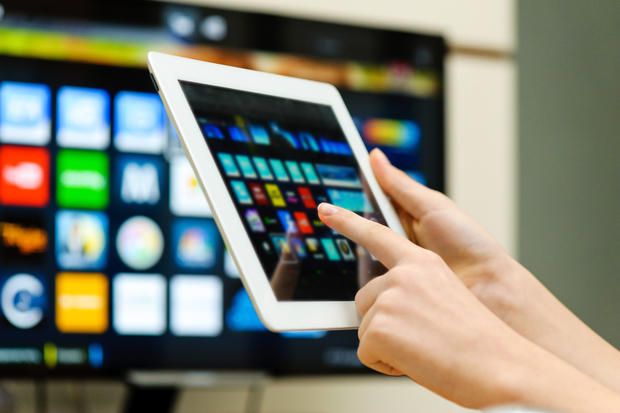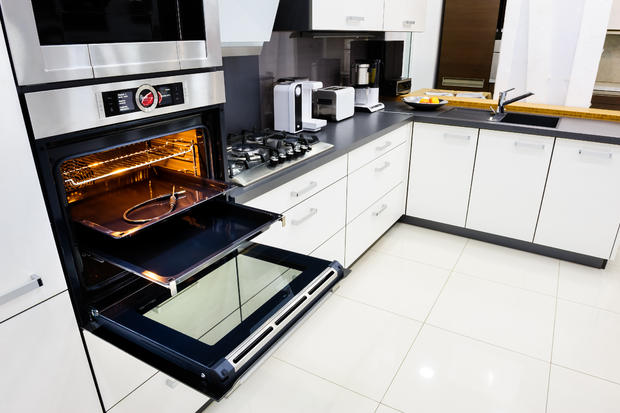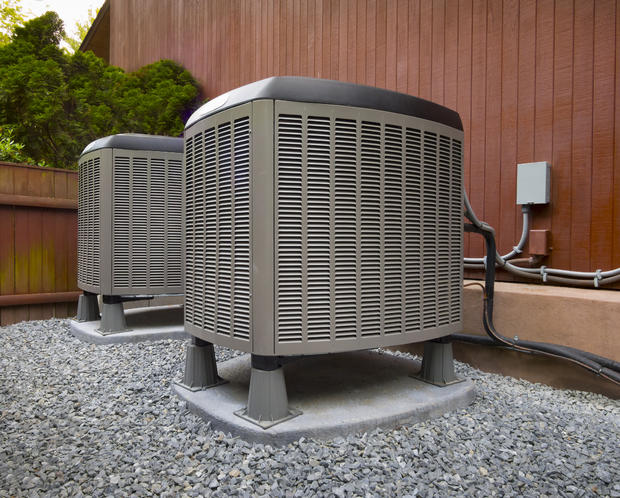8 features that will make your home "smart"
The term "smart home" can get really confusing, especially for buyers and sellers: How many features does it take to be considered smart? Who decides?
"We've been hearing the term 'smart home' for about the last two years, maybe a little less," said David Siroty, vice president for North American communications at Coldwell Banker. "Technology is intersecting with the home more than at any other time in history."
A study released earlier this year by Coldwell Banker found that about 45 percent of Americans either own some kind of smart home technology or plan to buy it this year. And Siroty said about 33 percent of Coldwell Banker's agents report that properties labeled as "smart" sold more quickly and for higher prices than expected.
With demand for "Internet of things," or IoT, household devices on the rise and more homeowners incorporating smartphone-controlled features into their properties, industry leaders are working on a definition that everyone can get behind. Coldwell Banker and technology review site CNET teamed up to answer this question by putting together a new smart home litmus test and building a checklist for home buyers and sellers to use to help figure out whether their properties qualify.
Under the new definition, a home must have an Internet connection and at least three different kinds of smart technology to be considered a smart home. At least one of those technologies must be either for security or temperature control, and the others can come from a list of categories CNET and Coldwell Banker established.
One of the most popular smart technologies Coldwell Banker agents are seeing right now are those that enhance home security, Siroty said. According to the Coldwell Banker survey, about 31 percent of people with smart home technology have some form of smart security system.
Smart homes are more common right now in more affluent markets, where the different technologies are built into a customized, integrated system, Siroty said. But individually purchased smart appliances and systems are popping up in homes at lower price points.
"It's similar to the explosion we saw in granite countertops," he said. "They were the norm in the more affluent sector, and over time they came more into traditional homes to the point where they're now standard in many homes."
So what goes in to creating a smart home? Here are eight things Coldwell Banker and CNET say could raise your home's IQ.
Temperature control
Smart temperature control systems -- like thermostats that can be adjusted remotely -- are one of the two most popular types of smart home features, Siroty said. Coldwell Banker found that these systems are more popular with older generations. About 40 percent of people they surveyed over 65 who had smart home systems had some kind of temperature control system, compared to about 25 percent of people 18 to 34.
Security
Smart security systems are just as popular as smart temperature control systems, Siroty said. These systems can unlock doors if a phone is within a certain distance of the door, show a live video feed of the property and let homeowners unlock doors remotely to let guests in.
About 58 percent of people surveyed by Coldwell Banker said a pre-installed smart security system would be the most appealing kind of smart tech when buying a new home.
Lighting
Smart lighting systems let homeowners control lights through a smartphone, including programming them to turn on at specific times as an anti-theft precaution. They could also help monitor electricity use. Homeowners can also buy individual smart light bulbs, which they can screw into traditional light fixtures and control from a phone without wiring the whole house.
Safety
Smart smoke and carbon monoxide detectors can alert homeowners to problems even if they're out of earshot of the alert beeps, which they can silence from a phone. Owners could also connect detectors throughout the home so the alarm in the bedroom will beep if there's smoke in the kitchen.
Entertainment
Smart entertainment systems are considered the "entry-way" for smart home tech, according to Coldwell Banker's survey. About 44 percent of people with smart home technology own smart entertainment products like TVs or speaker systems.
Appliances
With Wi-Fi-connected appliances, homeowners can remotely check the progress of a casserole, get alerts when the refrigerator door is open and even diagnose a problem with an appliance before calling for repairs.
Heating/cooling
Smart heating and cooling systems include heating, ventilation and air-conditioning (HVAC) systems, vents and fans, but not temperature control, which is its own category. Smart vents can be opened and closed remotely, cutting off heating and cooling in rooms owners aren't not using and reducing energy costs. Some smart HVAC systems can detect humidity levels and adjust to make the space more comfortable or send users reminders when filters need to be replaced.
Outdoors
Smart products aren't limited to a home's interior. Smart plant sensors can help keep plants alive even if homeowners lack a green thumb by monitoring the plant's water and sunlight and sending alerts when it's time for another dose of water. Smart sprinkler systems can be controlled remotely, letting users turn them off if a surprise thunderstorm has already watered the lawn.


